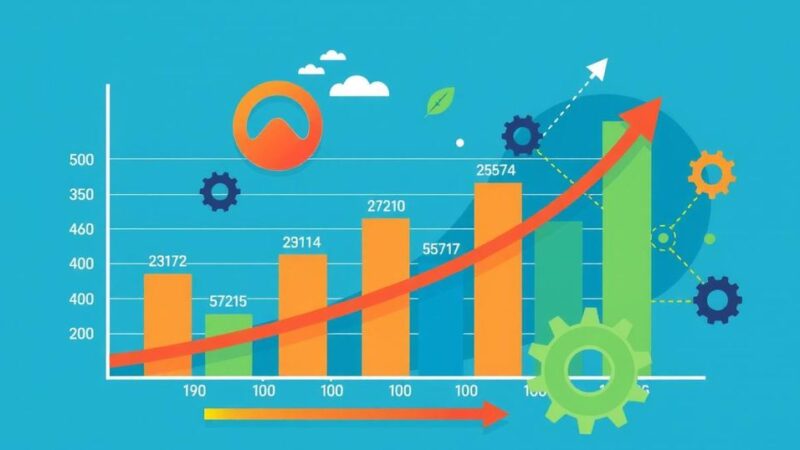The article discusses Nigeria’s need for a national census in 2025. President Bola Tinubu emphasizes that accurate data is essential for planning in areas like agriculture, employment, and healthcare. The last census was conducted in 2006, and several challenges, including funding and political interference, need to be addressed to ensure a credible census. Digitization and biometric data collection are planned to modernize the process.
Nigeria is in urgent need of a census in 2025, as emphasized by President Bola Tinubu, who noted, “We must ascertain who we are, how many we are, and how to manage our data.” Without accurate census data, Nigeria cannot achieve effective planning in critical areas such as employment, agriculture, and food security. Current population estimates of 220 million lack reliability and hinder national development efforts.
Since the first census was conducted by the British colonial government in 1866, Nigeria has held several national censuses, with the last one occurring in 2006. The National Population Commission (NPC) has articulated the significance of regular census exercises, citing 13 key benefits. These benefits include better economic planning, identification of special population needs, and data that can guide funding allocations in education, healthcare, and disaster management.
Census data is instrumental for developing policy frameworks to assist farmers and improve national security by gauging the ratio of security forces to the population size. Furthermore, it can inform social amenities provision and deliver evidence-based data for implementing the revised National Policy on Population for Sustainable Development and the realization of the Sustainable Development Goals (SDGs).
President Tinubu has expressed a commitment to conducting a population census that incorporates biometric and digital components after a 19-year gap. During a meeting with NPC officials, he announced plans to establish a committee to align the census budget with the government’s financial realities. The integration of multiple identification features, including facial and voice recognition, is expected to enhance the census process.
Minister of Budget and Economic Planning, Senator Abubakar Bagudu, noted that census data will be vital for future planning and resource distribution. NPC Chairman Nasir Kwarra mentioned that 760,000 tablets have been secured for the census, showing a proactive approach to using technology for data collection. However, potential funding challenges due to a freeze on international development aid remain a concern.
Historically, conducting a census near an election year poses significant challenges due to political interference, which may compromise the credibility of the census. Hence, it is crucial for the Tinubu administration to proceed with plans for the census in 2025, well ahead of the 2027 elections. Concerns about the estimated budget of N942 billion for the upcoming census have been raised, but economic realities suggest that delaying the census may lead to even higher costs in the future.
Investing in a digitized census is expected to be costly due to the importation of technology and equipment. This expenditure is justified given the importance of accurate and reliable census data. Funding can be derived from the federated accounts, with contributions from states and local governments. Nonetheless, care must be taken to ensure that the process remains credible, utilizing measures like employing youth corps members while maintaining high standards to secure nationwide acceptance of the results.
In summary, Nigeria’s impending population census in 2025 is a crucial initiative for the nation’s socio-economic development. President Bola Tinubu’s administration aims to leverage reliable biometric data to enhance planning and allocation in various sectors. As the country faces significant financial and logistical challenges, prioritizing accuracy and credibility during this national exercise is imperative to avoid past controversies. Overall, a successful census will strengthen Nigeria’s planning capabilities and promote sustainable development.
Original Source: punchng.com






